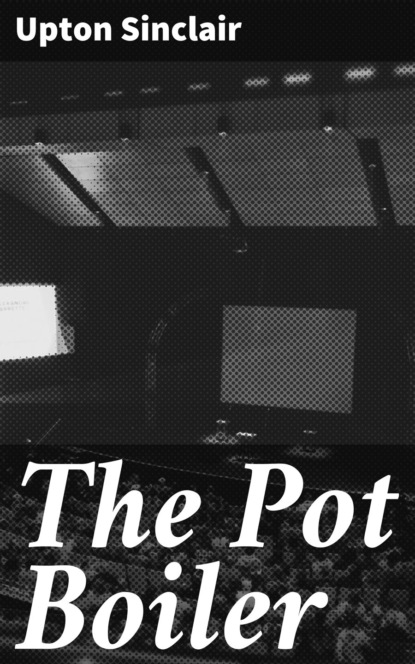Umfang 80 Seiten
0+
Über das Buch
In «The Pot Boiler,» Upton Sinclair employs a satirical lens to critique the artifice of the American theater world, intertwining themes of commercialism and artistic integrity. This play highlights the dichotomy between genuine creativity and the sensationalism that often dominates stage productions, all while employing a sharp, witty dialogue that reflects the zeitgeist of early 20th-century America. Sinclair's literary style is characterized by a blend of realism and social commentary, drawing readers into the often absurd dynamics of artists desperate to succeed amid a tumultuous cultural landscape. Upton Sinclair, renowned for his muckraking journalism and his novel «The Jungle» which exposed the grim realities of the meatpacking industry, was a staunch advocate for social reform. His experiences in both journalism and the arts profoundly influenced «The Pot Boiler,» as he witnessed firsthand the economic pressures and ethical dilemmas faced by playwrights and actors in a rapidly commercializing society. This context underpins the work's rich critique of an industry that frequently compromises artistic values in pursuit of profit. «The Pot Boiler» is a must-read for enthusiasts of theater, literature, and social criticism. Sinclair's incisive exploration of the conflict between integrity and commercialization resonates across time, making this play not only relevant for contemporary readers but an essential commentary on the struggles inherent in the pursuit of art in an often exploitative industry.
